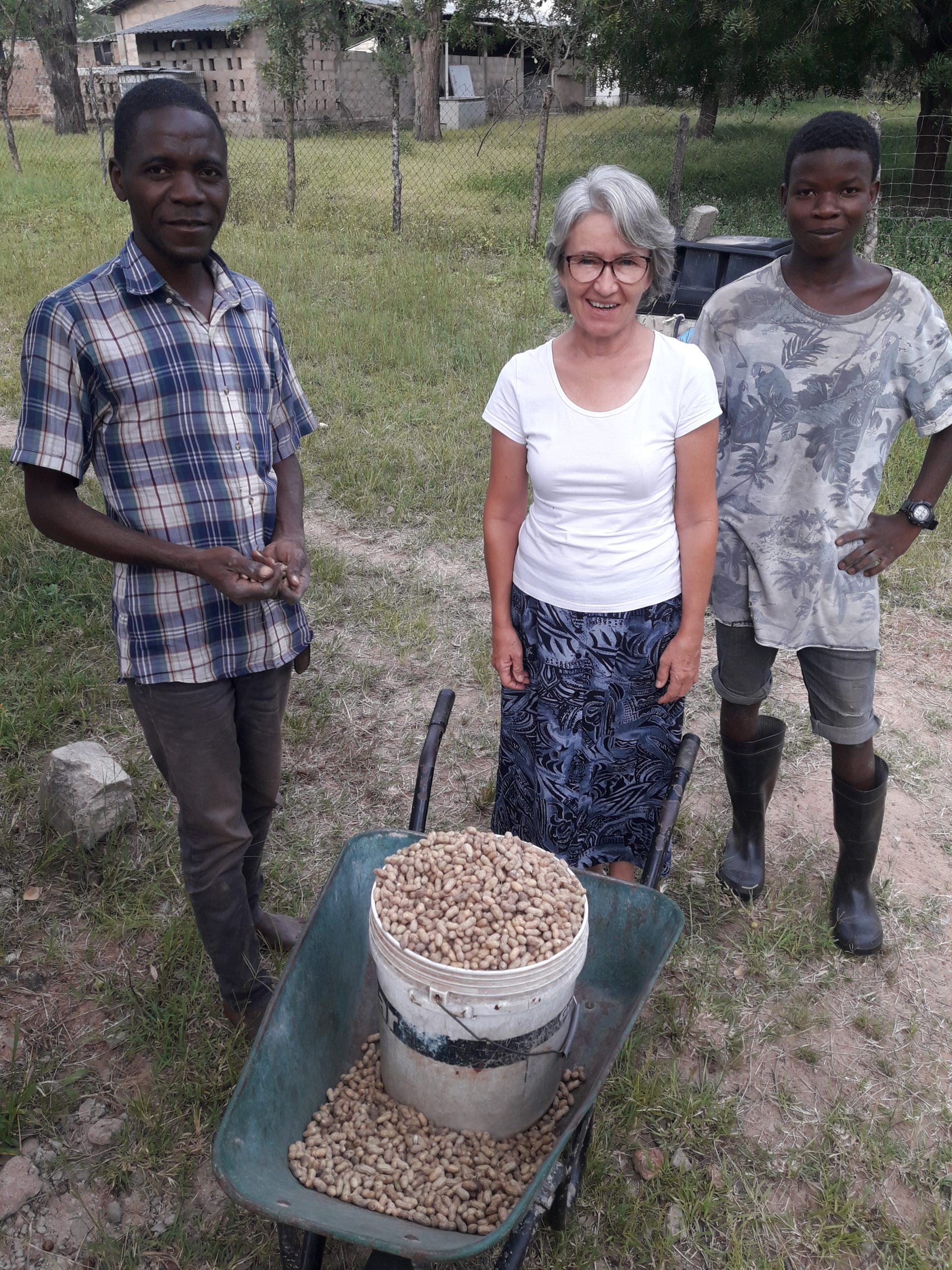Ndevelwa Farm
TCFDT own a 200-acre farm at Ndevelwa village. This has multiple buildings and a small dam onsite. Craig and Helen Waldock, an Australian couple, currently live on the farm. They are missionaries for Africa Inland Mission (AIM). They teach ‘Farming God’s Way’, a system for taking care of the land whilst honouring God. This is an excellent evangelism outreach, helping the local people with their physical and spiritual needs. The following is a write-up on life at the farm:
Goats
At the farm we have been working to increase the goat herd. We would love to get to a place where we could regularly supply Kazima Children’s Home with goat meat. We would also like to improve our breeding stock and the variety or type of goats to increase the ratio of meat on each goat. We currently have 48 goats but are looking to increase the herd size to about 100. Our existing goat house while functional is not ideal. We would love to build a new structure to house the goats. This would be elevated with a slatted floor, and be open underneath to make cleaning the house easier as well as allowing for the collection of the manure which we utilise in our fields to increase the fertility of the soil. To make handling the goats easier, we have commenced fencing specific areas. We want to build and install several new gates to be able to separate goats, particularly mothers and kids that are not quite ready to run with the herd as well as allowing for goats to graze specific areas while allowing other areas to regenerate. Additionally, having fenced areas enables the goats to continue to graze while the goat house is being cleaned. There are some existing structures in the main shed area that we have been utilising for isolating mothers and their kids, while they are young, from the main herd when they are enclosed for the night. We have utilised space in the main shed for segregating sick animals or animals that we are giving additional feed in order to increase their weight prior to slaughtering.
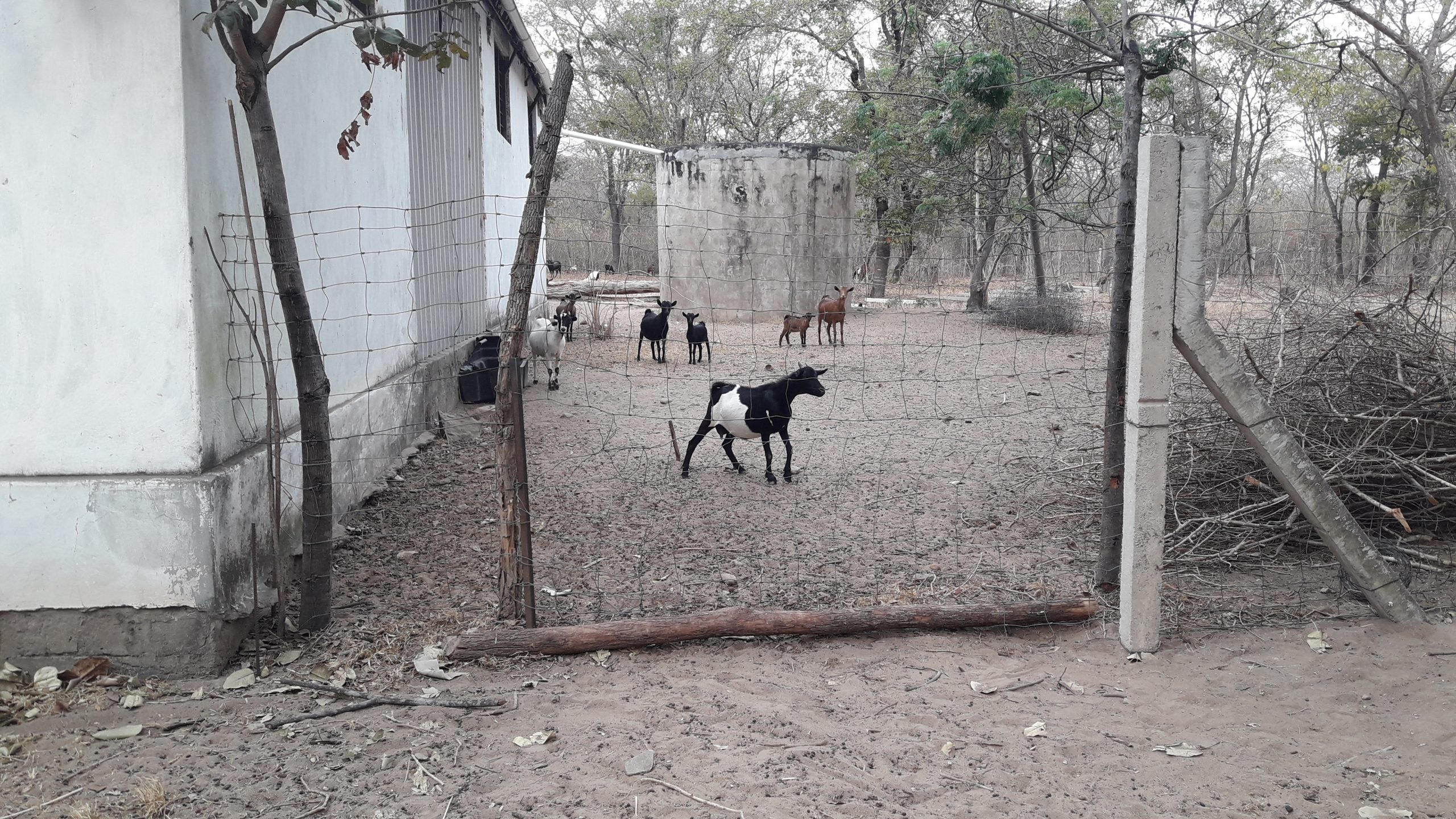
Fields and Crops
We increased the size of the original field at the farm and cleared and prepared another smaller area for planting both of which we planted last rainy season. As preparation for the coming rainy season, we have further increased the area of our fields to two ½ acre fields and are currently preparing them to be ready for planting when the rains commence. We are utilising Farming God’s Way principles which mean we use minimal tilling, constant mulching, otherwise referred to as God’s blanket, and natural fertiliser/manure. We have also utilised additional principles gleaned elsewhere that help to increase soil fertility. We endeavour to keep costs to a minimum and function in ways that are reproducible for locals. We have run seminars to train locals in the Farming God’s Way methods and continue to do so. We have utilised a book called Let’s Restore Our Land which is a combined effort from agricultural experts in East Africa and North America, to address many different issues facing local farmers particularly in the East African countries. Our workers have found it to be particularly helpful and we are currently looking at ways of utilising it in the wider community. Both farming God’s Way and this book give very a practical understanding of how to put faith into action in farming, particularly for believers but we feel they also have a role to play in bringing people to Christ. It is our desire to plant crops that can be utilised at Kazima Children’s Home.
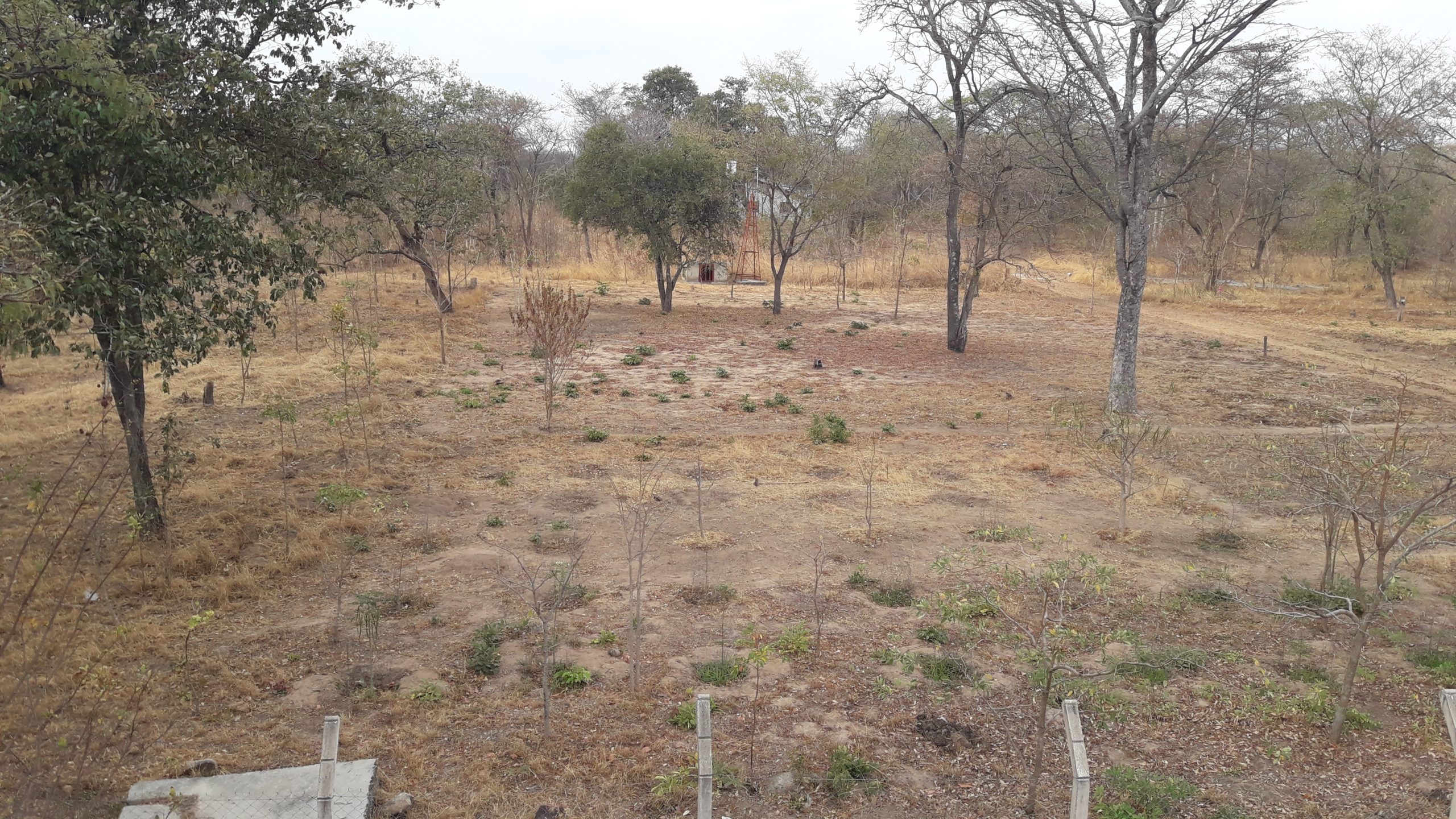
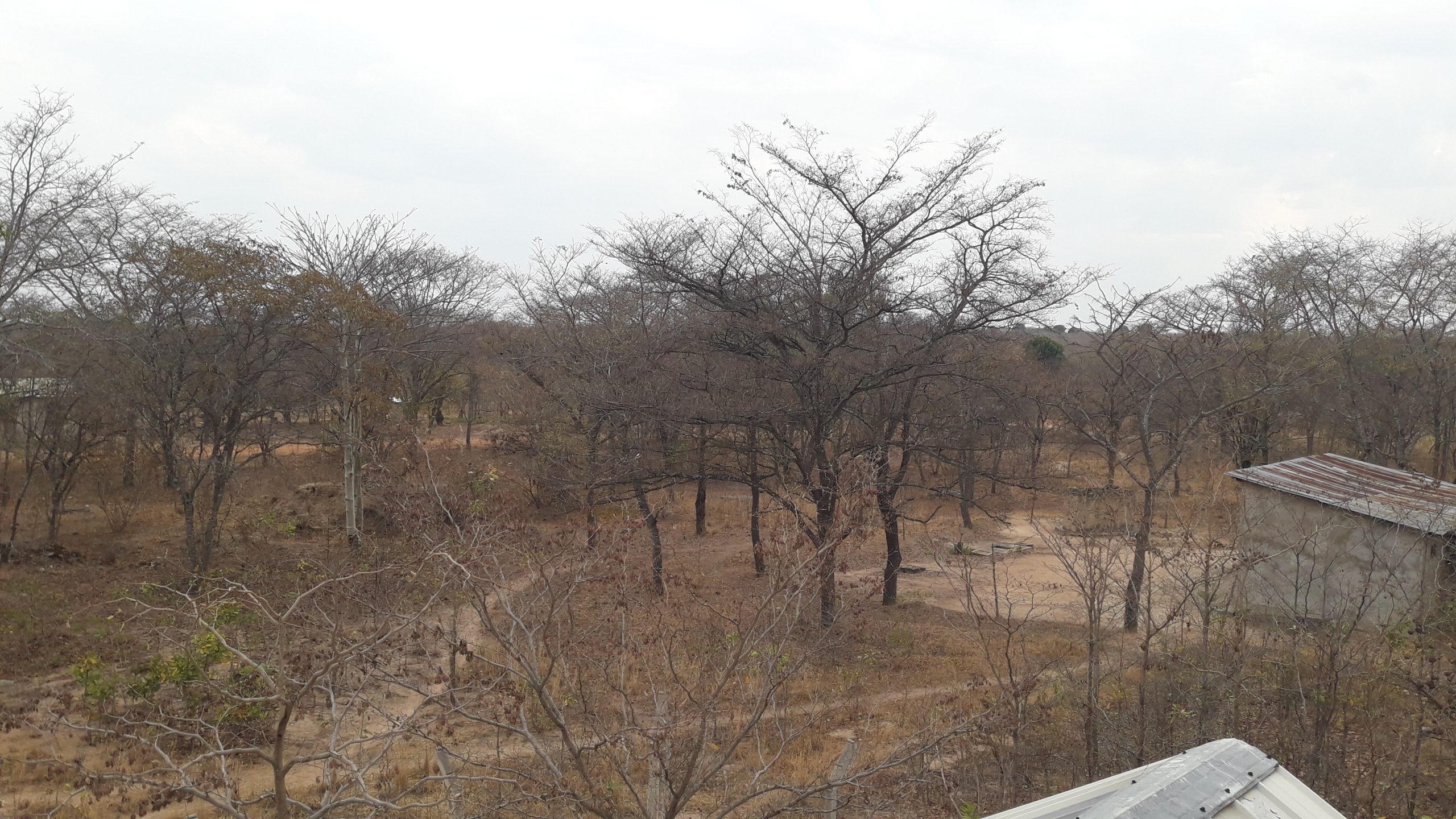
Moringa Trees
We have been working to increase the number of Moringa trees we have at the farm. This is an amazing tree, the leaves of which contain a complete protein which is equivalent to the protein of meat. We have been drying the leaves and processing them into Moringa powder which makes a supplement that can be easily utilised to improve health. During the rainy season we supplied Kazima Children’s Home with the powder which they used to supplement children with different health needs. The challenge we face is during the dry season when the trees lose their leaves. We are not able to keep them sufficiently watered to keep them producing leaves. We would like to produce sufficient Moringa powder from the leaves to keep Kazima Children’s Home supplied all year round. In addition, we would love to see local people recognising the benefit of these trees and planting them around their homes to supplement their diet and improve their overall health. To help achieve this we have propagated trees in our tree nursery to make them accessible to the local community.
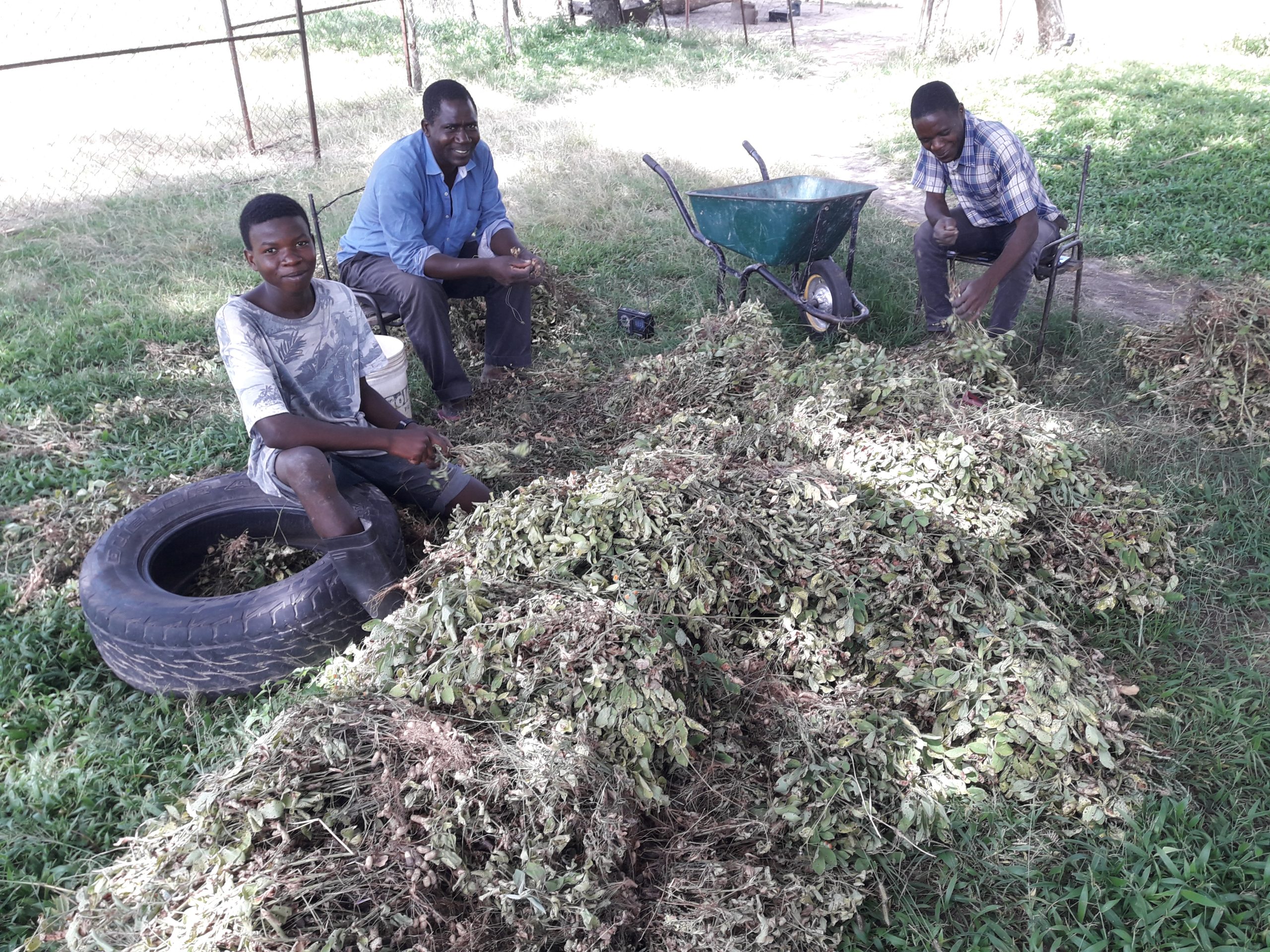
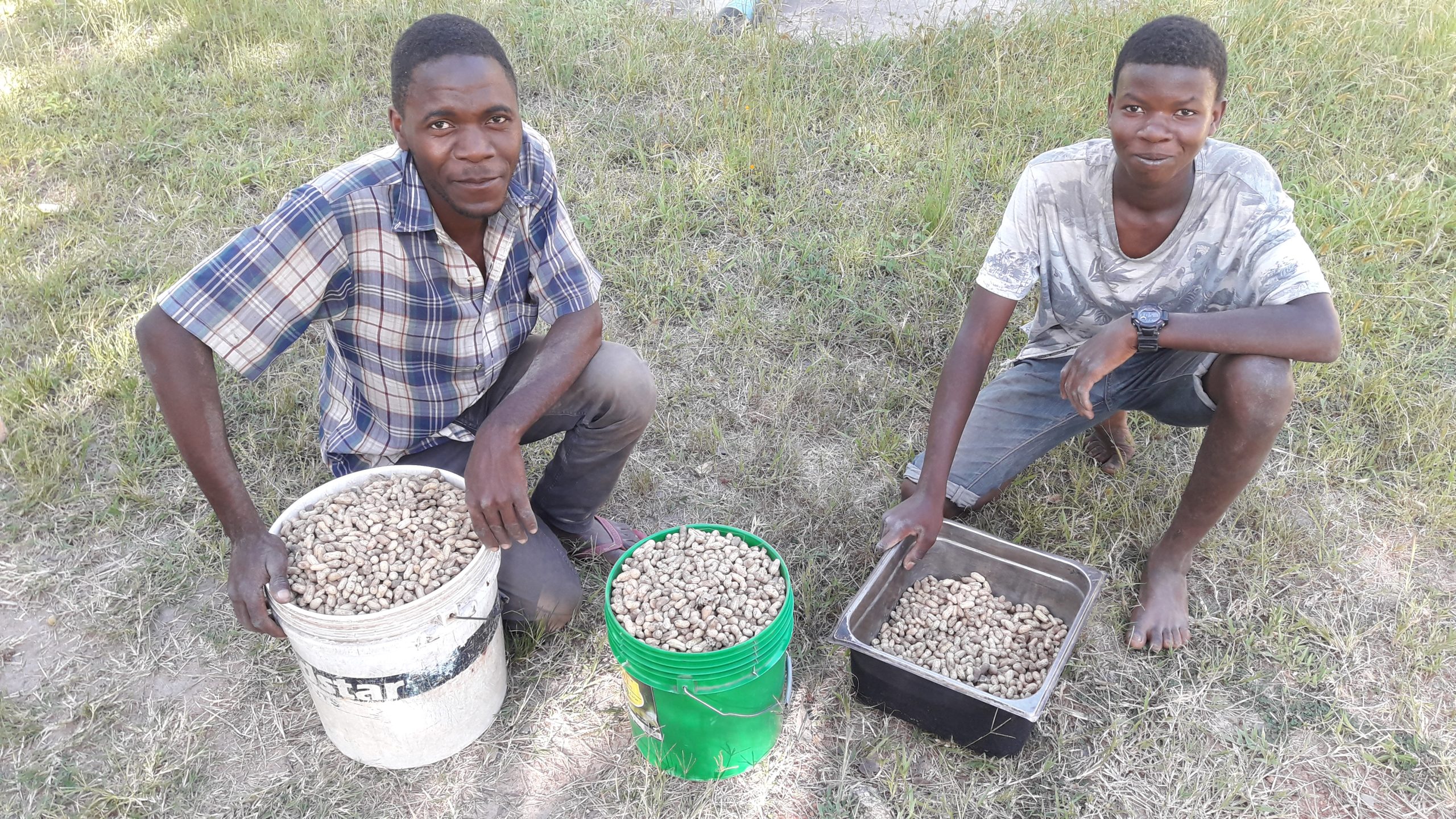
Tree nursery
It is our hope that by providing the local community with easy access to fruit trees, moringa and in time trees that can be planted in or around their fields to improve soil fertility, that we can help them to improve their health and the quality of their lives. We want to inform the community of the benefit of certain trees to encourage them to plant them and use them. We have been working from seeds sourced from fruits bought locally or trees we have that we have harvested seed from. The idea is that we want people to realise that they too can produce more trees for themselves, they don’t need to rely on another source for seedlings. We would also like to make natural herbicides and insecticides from plants that we can produce for our own use but also for use by locals with the option for them to make them for themselves from plants available from us. Another area we want to explore are plants with medicinal benefits that we can make available for purchase along with the information on how they can be utilised.
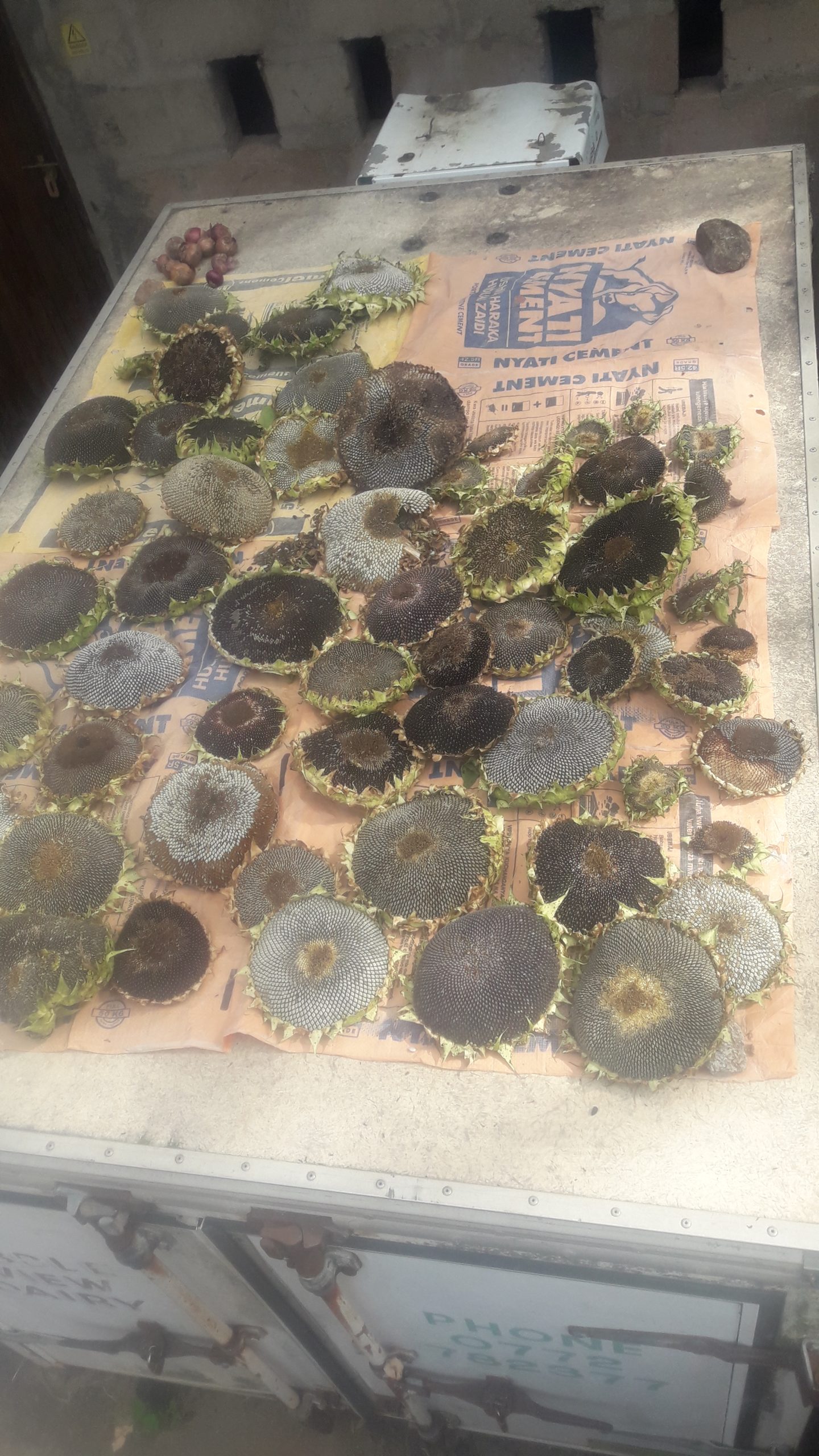
Sunflower Head
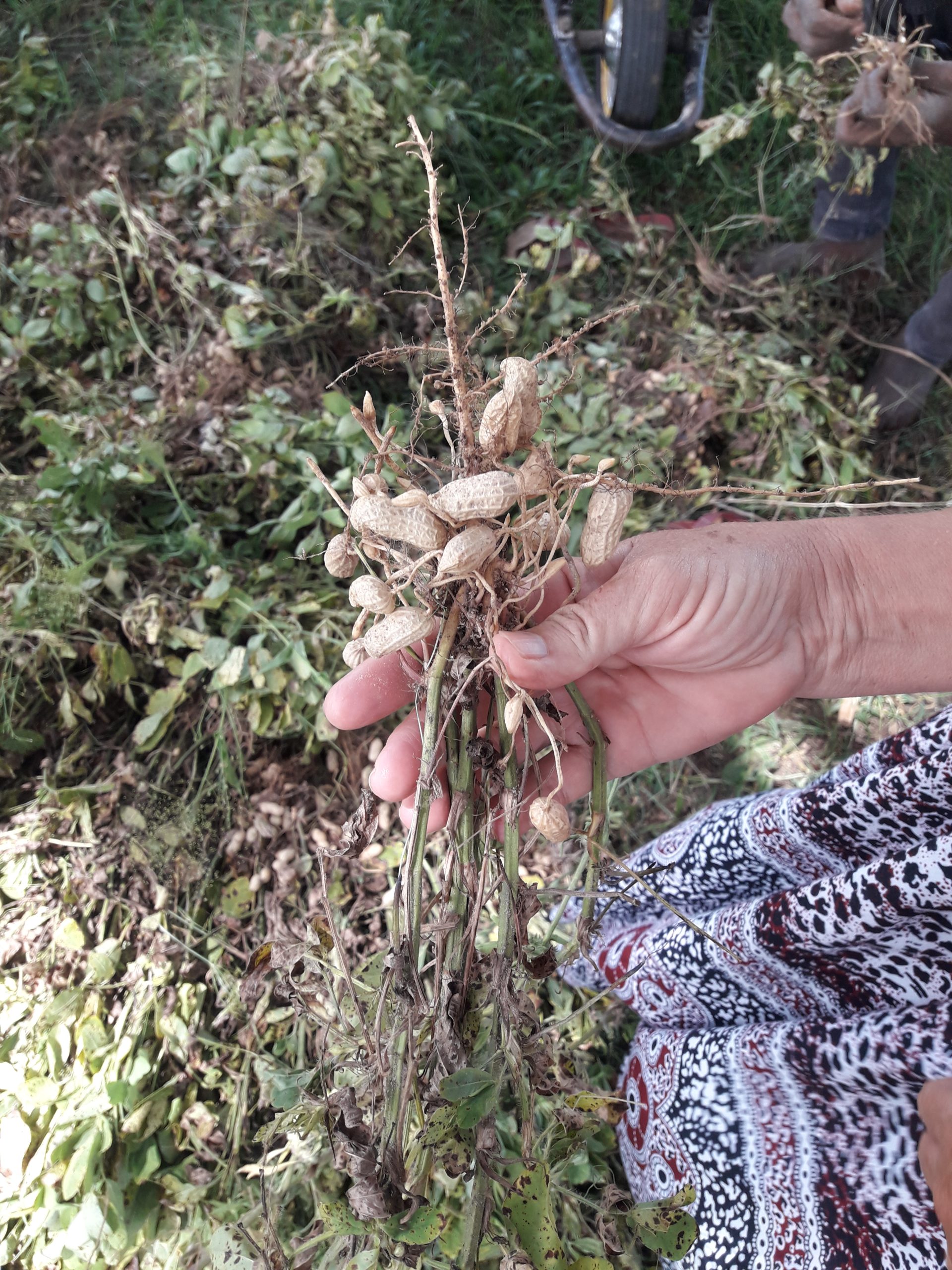
Peanuts in Ground
